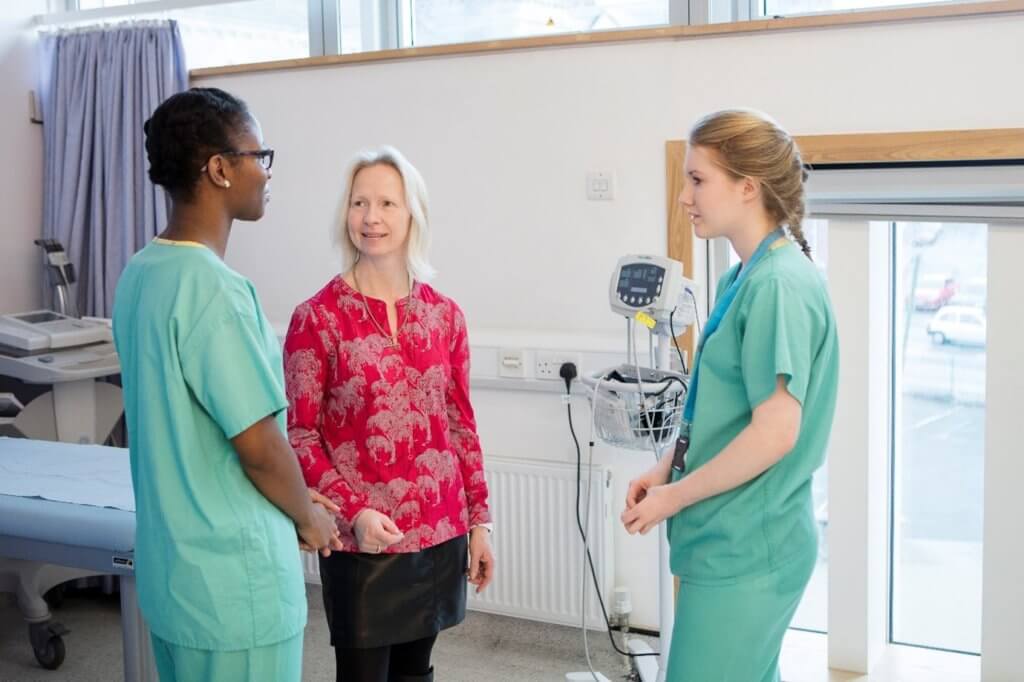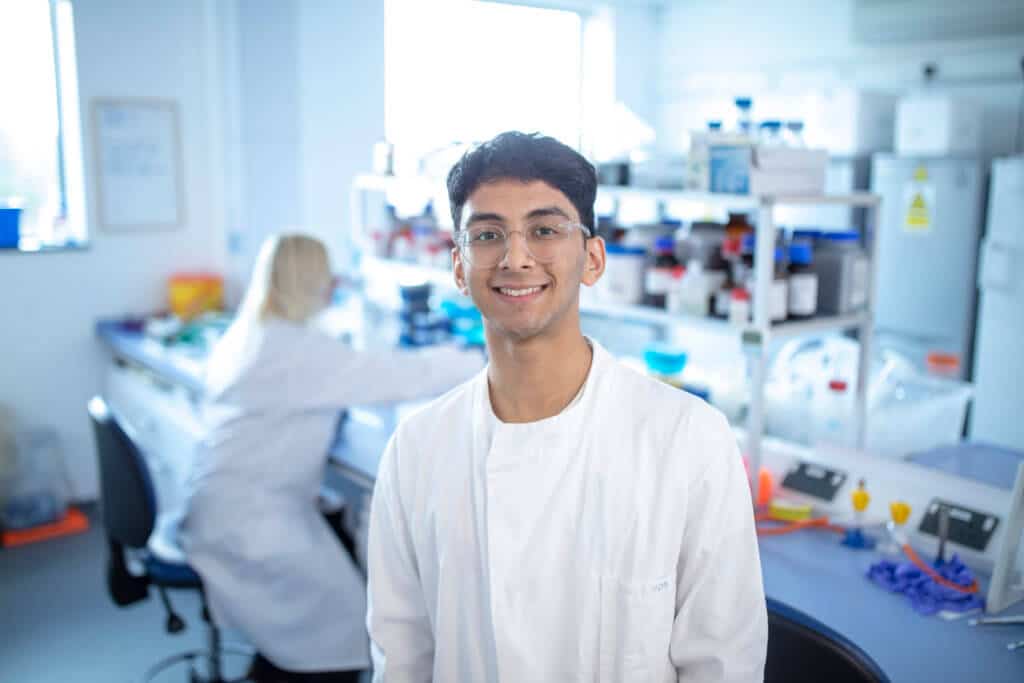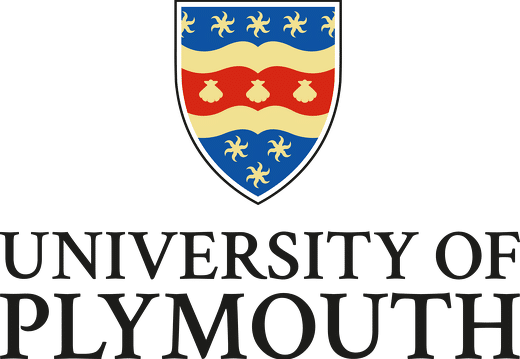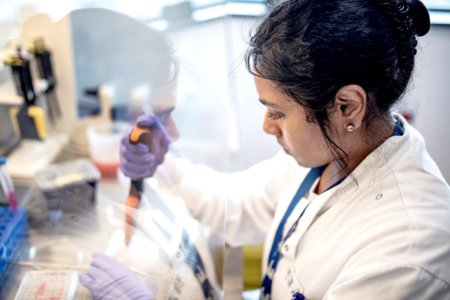Students thrive in the right environment with the proper support. At the University of Plymouth aspiring health professionals learn from great teachers and pursue practical degrees in Biomedical Science, Human Biosciences, Nutrition, Exercise and Health, and Clinical Physiology. These take place in one of the largest universities in the South West, located at the centre of “Britain’s ocean city“.
Second-year Clinical Physiology student Samruddhi Medankar from India can attest to this. “It was a relief to discover how supportive and friendly all the lecturers were,” shares Samruddhi. “One thing I particularly enjoyed about my course was the practical knowledge I attained by visiting local hospitals. This was something we were encouraged to do by the course academics.”
The visits Samruddhi speaks of are the placement opportunities that provide students with relevant work experience. In programmes like the BSc (Hons) Biomedical Science, the University of Plymouth offers year-long clinical placements and summer research placements – something graduates like Liana Gynn continues to appreciate long after they’ve completed their programme.
“My research placement transformed me from an average student to a high achieving one with the confidence and independence which are so essential for a postgraduate career,” shares Gynn. The same applies to those studying the BSc (Hons) Clinical Physiology, where they benefit from mandatory placements at a hospital.

At the University of Plymouth, students like Samruddhi thrive in the right environment with the proper support. Source: University of Plymouth
The University of Plymouth has a long-standing tradition of excellence in research. From brain tumours to vaccines, tissue regeneration to new cancer drugs, the Derriford Research Facility brings together all of the university’s lab-based research to develop new therapeutics, diagnostics and interventions to prevent disease. Final year students have the opportunity to undertake a lab-based project in these state-of-the-art laboratories, supported by leading researchers. .
Therefore students enjoy the highest standards of intellectual rigour – a true testament to the university’s mission to expose students to the “real world of biomedical and healthcare science.”
What’s more, the first-year modules are tailored for students to adapt to life in university. “The first-year modules are carefully planned to make sure that all students adapt to university life and the various teaching styles comfortably,” shares Samruddhi.
That’s not all. State-of-the-art spaces – like the Nutrition Unit and Exercise Physiology Laboratory – provide hands-on opportunities for Nutrition students to develop their research skills, understand the techniques of working in a lab and participate in research investigations. Recent final year students have investigated the effect of consuming different fruit preparations on glycaemic response – an important consideration for controlling blood sugar.

The School of Biomedical Sciences at the University of Plymouth has three core aims: outstanding clinical education, strong social engagement and world-class research. Source: University of Plymouth
Diverse programmes in a liveable city
Are you curious about exploring the scientific basis of human health, disease and therapeutics? The BSc (Hons) Biomedical Science answers this question and more. In a rich and varied learning environment, students here examine how recent scientific developments inform clinical and diagnostic practice — with valuable input from internationally-recognised researchers and NHS staff.
For those passionate about discovering the potential benefits of stem cell research, look no further than the BSc (Hons) Human Biosciences. In this programme, students develop their skills and knowledge to tackle questions on human biology, health and disease.
Meanwhile, BSc (Hons) Clinical Physiology students learn from experts in biomedicine, clinical physiology and pedagogy. Together, they explore the specialist area of Cardiac Physiology in the new Clinical Physiology suite and in a clinical setting with patients.
The BSc (Hons) Nutrition, Exercise and Health gives students insights into key disciplines related to exercise and nutrition to health. Aspiring nutritionists can develop through work placements and become graduates ready for employment in the food industry, lifestyle education or public health. There is also an opportunity to undertake a personal trainer award.
Regardless of your programme, student support is available every step of the way. Dedicated advisers at the Student Hub help students to get the most out of their time at university. Senior students guide those below them in the same course through the Peer Assisted Learning Scheme. Each student will also be assigned a Personal Tutor who will stay with them throughout their degree.

Like most international students, Zahi feels at home at the University of Plymouth and the city of Plymouth. Source: University of Plymouth
Step beyond campus and the city of Plymouth will enamour you. “The community at the University of Plymouth is very inclusive. I never felt out of place as an international student”, says Zahi Mulla, a third-year Biomedical Science student. Samruddhi agrees. “The city has plenty of things to offer such as the barbican and the hoe downtown, as well as the beautiful Dartmoor national park which is just a short bus ride away,” she says.
Discover how you can become future biomedical scientists, nutritionists, cardiac physiologists, and more at the School of Biomedical Sciences here.
Follow the University of Plymouth on Facebook, Instagram, Twitter, and YouTube












